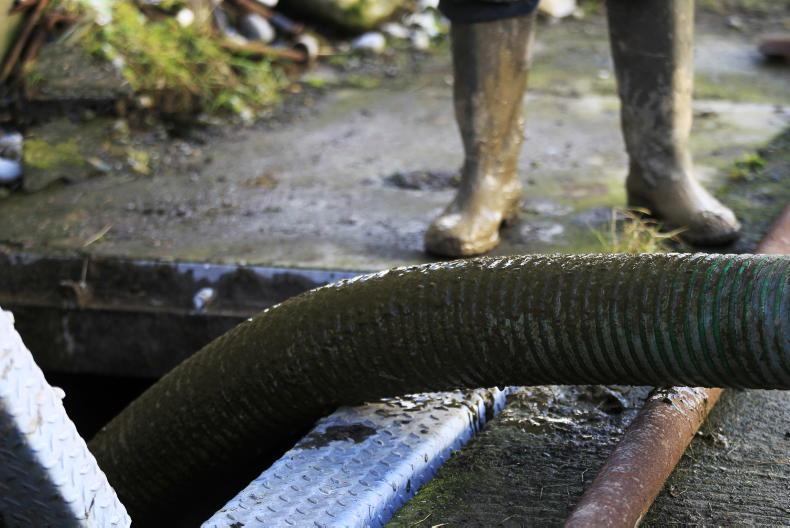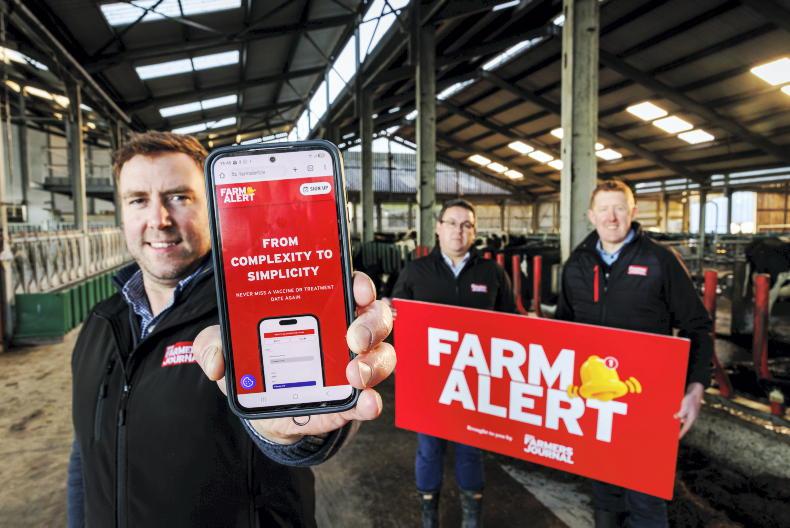Ireland could introduce an “intensive grazing tax” in order to reduce damage to habitats from overgrazing and to incentivise the better management of livestock, the European Commission has suggested.
The measure is listed as one way inwhich Ireland could implement the polluter pays principle, which means polluters pay for measures to prevent, control and remedy pollution and for the cost to society of pollution.
“Such a tax could be levied on intensive agriculture (livestock farmers with high stocking densities) and revenues could be recycled to support the very extensive grazing needed on Natura 2000 areas.
“Modelling suggests that such a tax could raise a revenue of €182m in 2030. When the revenues are reinvested into the agriculture sector or recycled as income tax reductions, the measure could lead to very small net positive effects on gross domestic product (GDP),” the Commission said.
Fitness check
The Commission is to undertake a “fitness check” this year, which will look at how well the EU applies the polluter pays principle at member state level, including in policies that may have an environmental impact.
It is expected that Ireland’s CAP strategic plan and forestry programme will be subject to the check, given they are intertwined with the environment.
The fitness check is to provide the basis for recommendations in 2024 on how to better implement the principle.
The grazing tax is one of two suggestions for Ireland put forward by the Commission, the other option being a wastewater charge.
It is understood that the Commission is not actively considering implementing a grazing tax in Ireland, but that it could be an option for Irish Government to propose.
Belgium
In Belgium, there has been an annual tax on environmental impacts from farming in place since 2015.
The tax only applies to farmers with a certain number of farm animals or a certain area of crops or grassland.
For its farm animal component, the number of animals owned in each category is multiplied by its associated nitrogen coefficient, and all results are summed.
The nitrogen coefficient reflects the annual nitrogen production value by type of animal. Some 13,500 farmers are targeted by the tax, which results in revenues of about €1.3m/annum.










SHARING OPTIONS